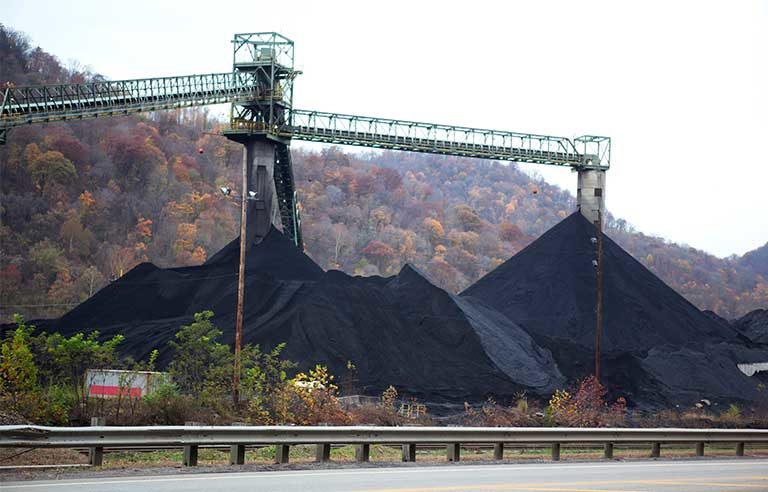Long shifts, inexperience boost miners’ injury risk: study

Chicago — Long workdays and being new on the job are two factors that may heighten the risk of workplace injuries among miners, a recent study suggests.
Researchers from the University of Illinois at Chicago analyzed nearly 546,000 Mine Safety and Health Administration Part 50 worker injury reports filed between 1983 and 2015. They found that 9.6% of the miners logged shifts of at least nine hours on the day they were injured, including 5.5% of miners in 1983 and 13.9% of miners in 2015. Miners involved in shifts of such length were 32% more likely to suffer work-related fatalities and 73% more likely to be part of an incident that caused injuries to multiple miners. Risk factors associated with injuries related to working long hours include lack of routine, irregular schedules, specific mining activities and having less than two years on the job.
“Our findings are alarming given the shift toward hiring more contract workers and the adoption of more extended-hour workdays in the mining industry,” Lee Friedman, study lead author and associate professor at the UIC School of Public Health, said in an April 15 press release. “Our study should serve policymakers and industry leaders who need to consider the effects of longer shifts on things like fatigue and nutrition, and the potential of fixed schedules to alleviate some of the risks with longer shifts.”
The study was published online April 12 in the journal BMJ Occupational and Environmental Medicine.
Post a comment to this article
Safety+Health welcomes comments that promote respectful dialogue. Please stay on topic. Comments that contain personal attacks, profanity or abusive language – or those aggressively promoting products or services – will be removed. We reserve the right to determine which comments violate our comment policy. (Anonymous comments are welcome; merely skip the “name” field in the comment box. An email address is required but will not be included with your comment.)

